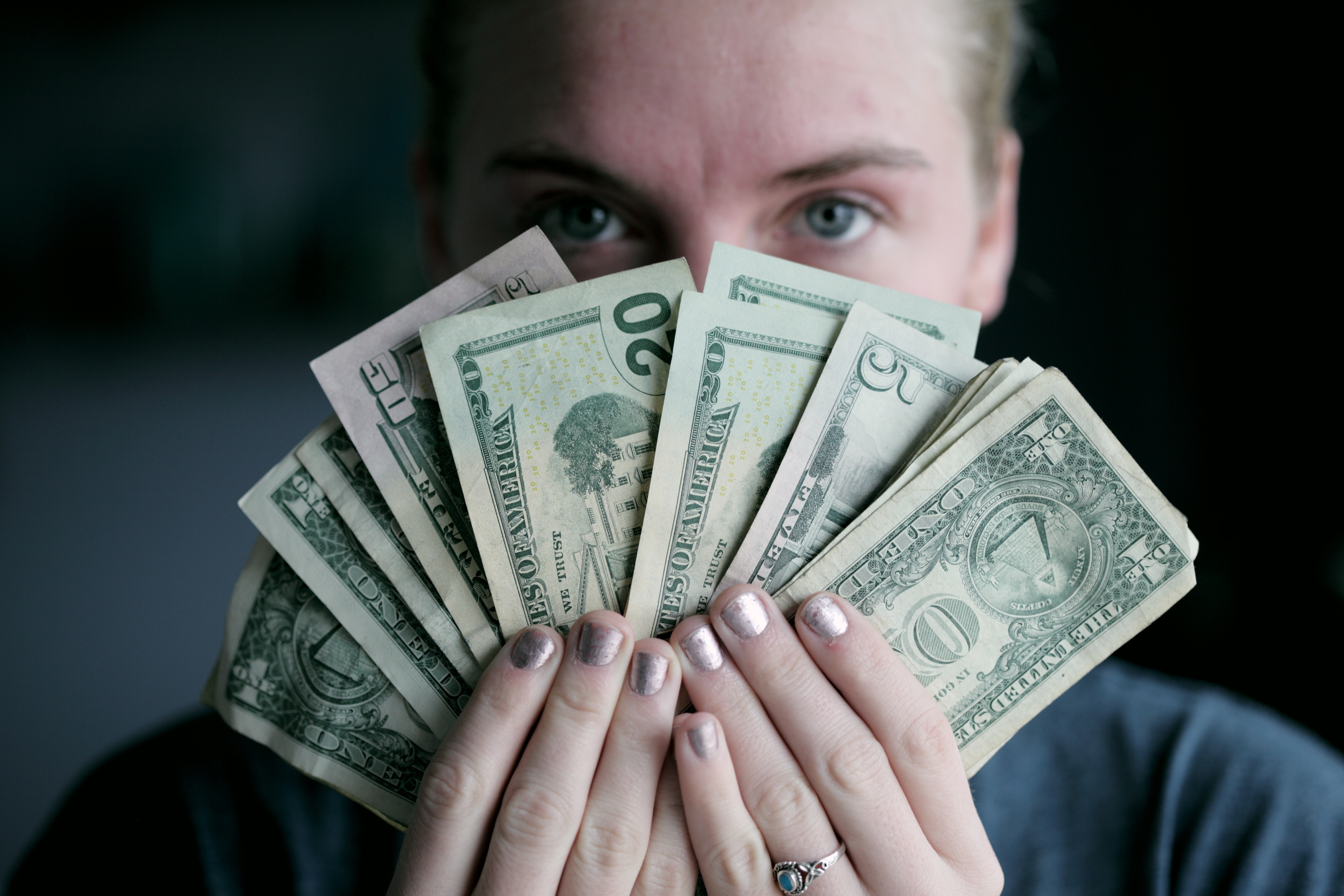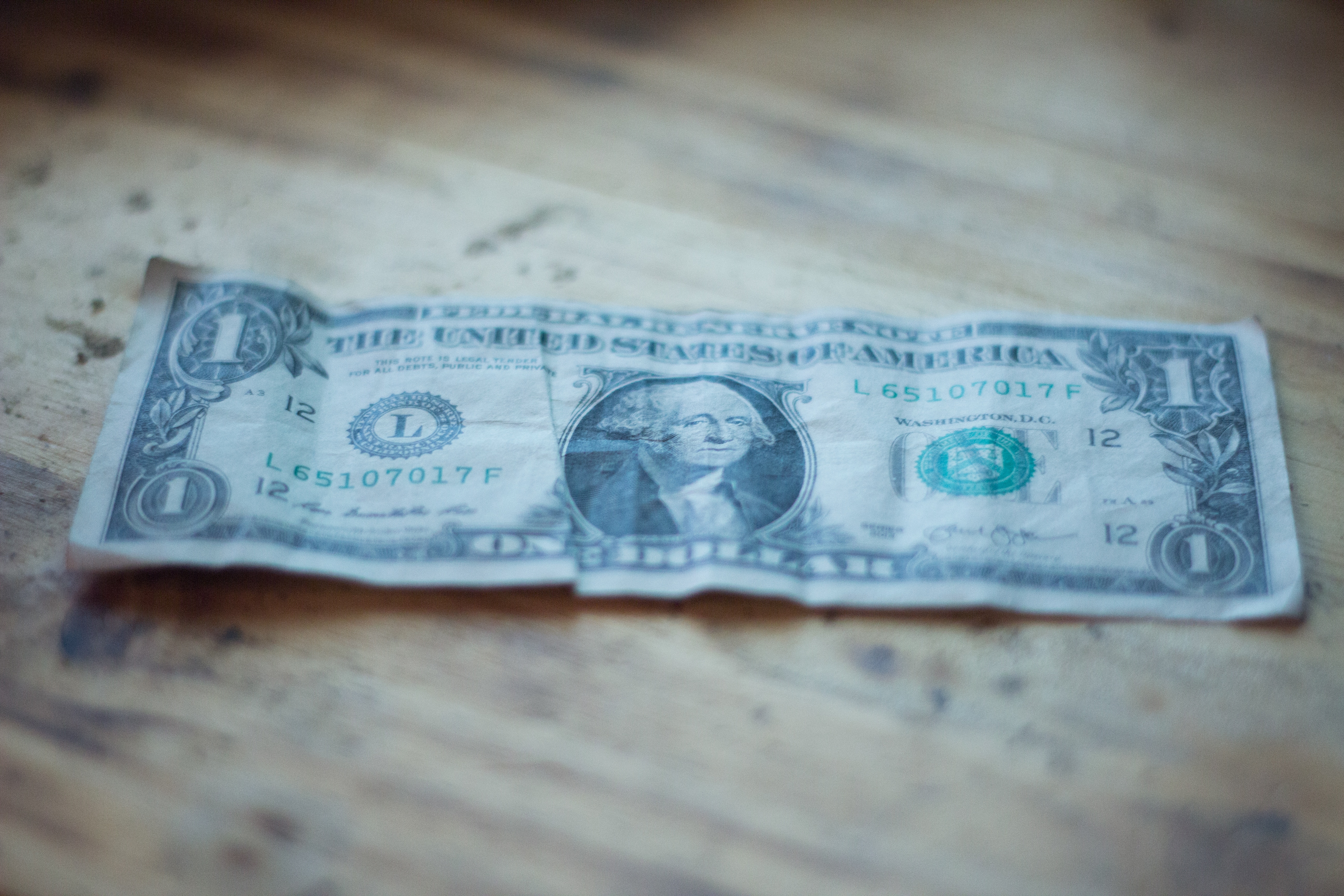By Lydia Laramore, Guest Blogger
Each and every one of us is a part of the earth and apart from it. In one sense, we exist in a state of interdependency with the earth’s plethora of natural resources and services. In another sense, our collective actions have a massive impact on the earth. We are capable of being the source of environmental degradation or the solution.
Put simply, sustainability is a lifestyle that equitably uses the earth’s resources to meet the basic needs of its population without compromising future generations’ ability to sustain themselves. Essentially, we need to reduce our personal consumption and waste, reuse where we can, and recycle the rest – in that order (pull out quote). Generation Z is unique because our choices may literally change the trajectory of humanity. We are also the generation that will be most affected by the delayed consequences of decisions that are being made right now. (pull out quote) We are the generation who will experiences widespread food and water shortages as populations continue to grow at rates the earth can’t sustain. We are the generation that won’t go to the beach on spring break because hurricanes are wreaking havoc on our coastlines and corporations pollute our water in the name of production and profit. We are the generation that won’t get the privilege of seeing the wealth of beauty that the earth offers as biodiversity peters out under the pressure of deforestation and climate change. The earth’s welfare is a human problem but it is also a generational one. We have the biggest stake in ensuring that the earth and its inhabitants are protected.

The Power to make a difference is ours
Even though environmental degradation is possibly the biggest crisis of our generation, it can easily get lost underneath all of the noise of the 21st century. Technology brings the world to our fingertips and with it, the overwhelming nature of the world’s problems. When we’re having conversations about the environment, there are a couple of things we can’t forget. While states and cities use factors like loose labor and environmental regulations to attract business, we as consumers can incentivize businesses to adopt environmentally sustainable policies by making it profitable to do so. As individuals, it feels like we have so little power in the big shadow actors that make choices about our lives. But change begins on the local and individual level. If you believe that you have no power, you’ve already given it away.
Furthermore, consumer culture is one of the biggest sources of fuel for environmental degradation. Companies who do not care about us as individuals, families and communities sell the idea that happiness comes with a price tag. When we consume less and consume locally, we make choices about the inherent value of our happiness and our lives. When we focus on our needs and those of others, we reinforce the qualities of compassion, consciousness, and hope that define our generation.
Even though we care about these issues, many of us have the perception that living sustainably is expensive and inconvenient for young people. This couldn’t be further from the truth. There is so much that we can do in our capacities as young people and students. The habits that we build now are just the foundation of values and behaviors that will evolve throughout our lifetimes. It’s okay if you can’t do everything, or even if you don’t want to. As long as you look at some part of your life and decide to make a change, you are a part of this movement towards sustainable lives.

Checklist for young people to live sustainably
A short and not at all comprehensive list of ways that young people can live more sustainably:
- Replace plastic bags with cloth bags.
- Use a reusable water bottle. If your local coffee shop or Starbucks offers reusable cups, use those and get the discount for using a reusable cup.
- Go thrift shopping and get mileage out of gently used items. Buy quality so that you can buy less frequently.
- Keep your money and say no to a culture that attaches our worth and happiness to an aesthetic that many people cannot afford.
- If you won’t eat it, don’t buy it.
- Eat less animal products. (Remember that Oreos are a vegan food – that goes to say that not all vegan/vegetarian food is healthy nor produced ethically. Be conscious about what practices you’re supporting if you choose to cut meat out of your diet entirely.)
- If you can, replace paper with devices you already own.
- If you’re not using it, turn it off.
- Even though learning to drive is an American rite of passage, forego driving for biking, walking, rideshare apps, and carpooling with friends to reduce your carbon emissions
- Take shorter (but not any less thorough) showers.
- In communal settings, take only what you need.
- Every time you buy something, get rid of something by recycling it, reusing it, passing it down or finding a safe way to dispose of it.
- Use energy efficient lightbulbs and appliances.
- Use things in their entirety. (I am as guilty of this as anyone – I replace soap before it’s halfway full and act like toothpaste is going out of style!)
- Support businesses that make a point to adhere to environmentally sustainable business practices.
- Buy close to home and support local producers of food and other necessities.
- For one day, write down everything you consume – all metals, plastics, food, clothing, oil, electronics, etc. that you consume. Evaluate your lifestyle and consider how you can reduce your use of some resources, and reuse and recycle others.
Finally, I’m a fan of the statement, “Nobody dislikes vegans. People dislike people who aggressively push their personal preferences and value systems on other people without thought.” All that means it to be kind and conscious as you support the environment and your peers. While sustainable living can be affordable, some choices do cost more. Trust people to know what they can and cannot do, and don’t berate them for those choices. Let your actions speak for themselves. Your job is not to force people into a new lifestyle but to expose them to choices they may have not even known they have. These are our lives and as long as we have the capacity to prevent a dystopian apocalypse, I say, we go for it! Fifty years from now, I hope we are all telling stories about a world that the next generation doesn’t have to live in because we loved it enough to change it. That hope is at the core of sustainable living.
Follow Lydia on Instagram: @Lydlaramore
Other posts you may like reading: GENZ USE OF SMARTPHONES IN THE CLASSROOM: DIFFERENT PERSPECTIVES
If you represent a brand, or media, or a teen yourself and would like to learn more about WeRGenZ and our original research with real teens CONTACT US; AskUs@WeRGenZ.com or call Kathleen Hessert at 704-906-3600
FOLLOW US @WeRgenZ on Twitter, Instagram, Facebook, YouTube
Leave a Reply